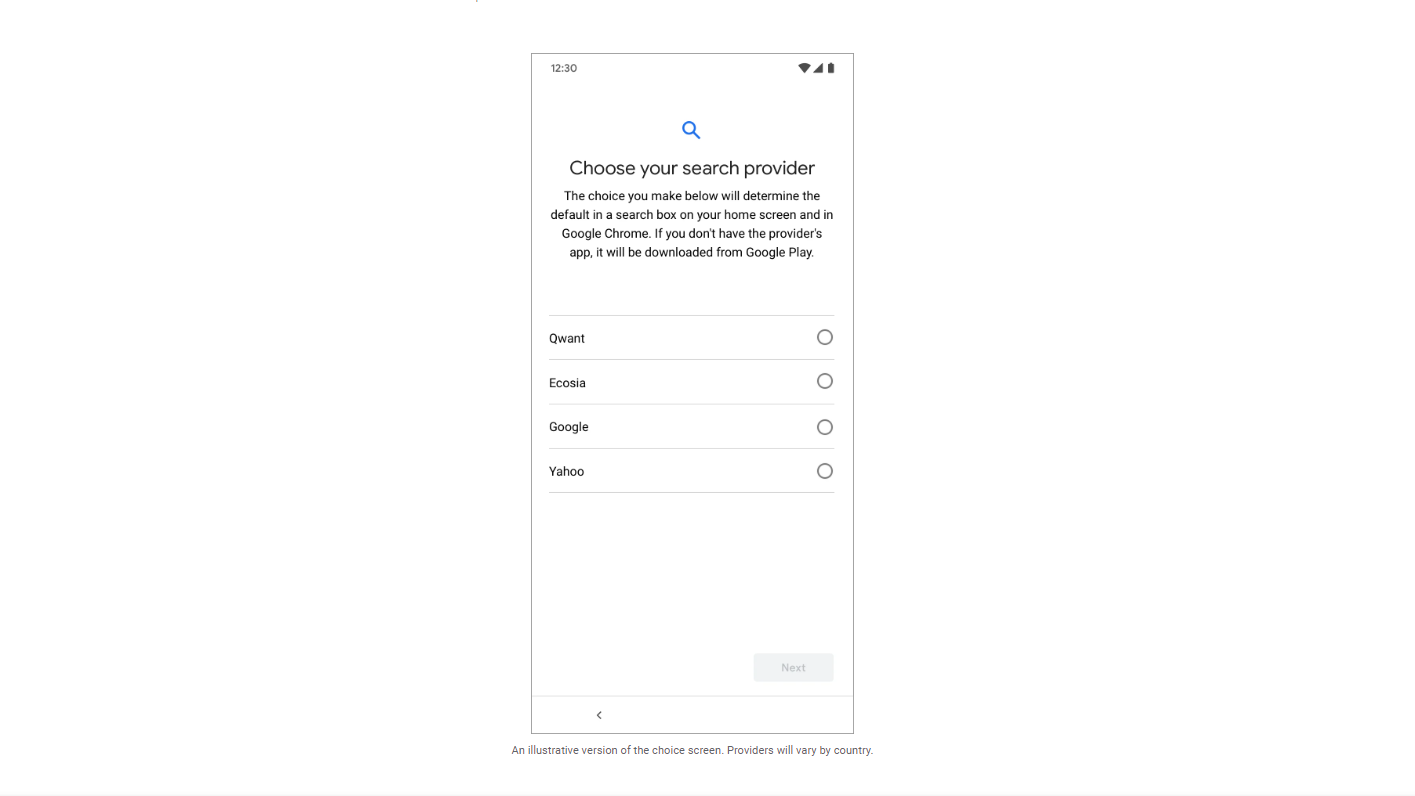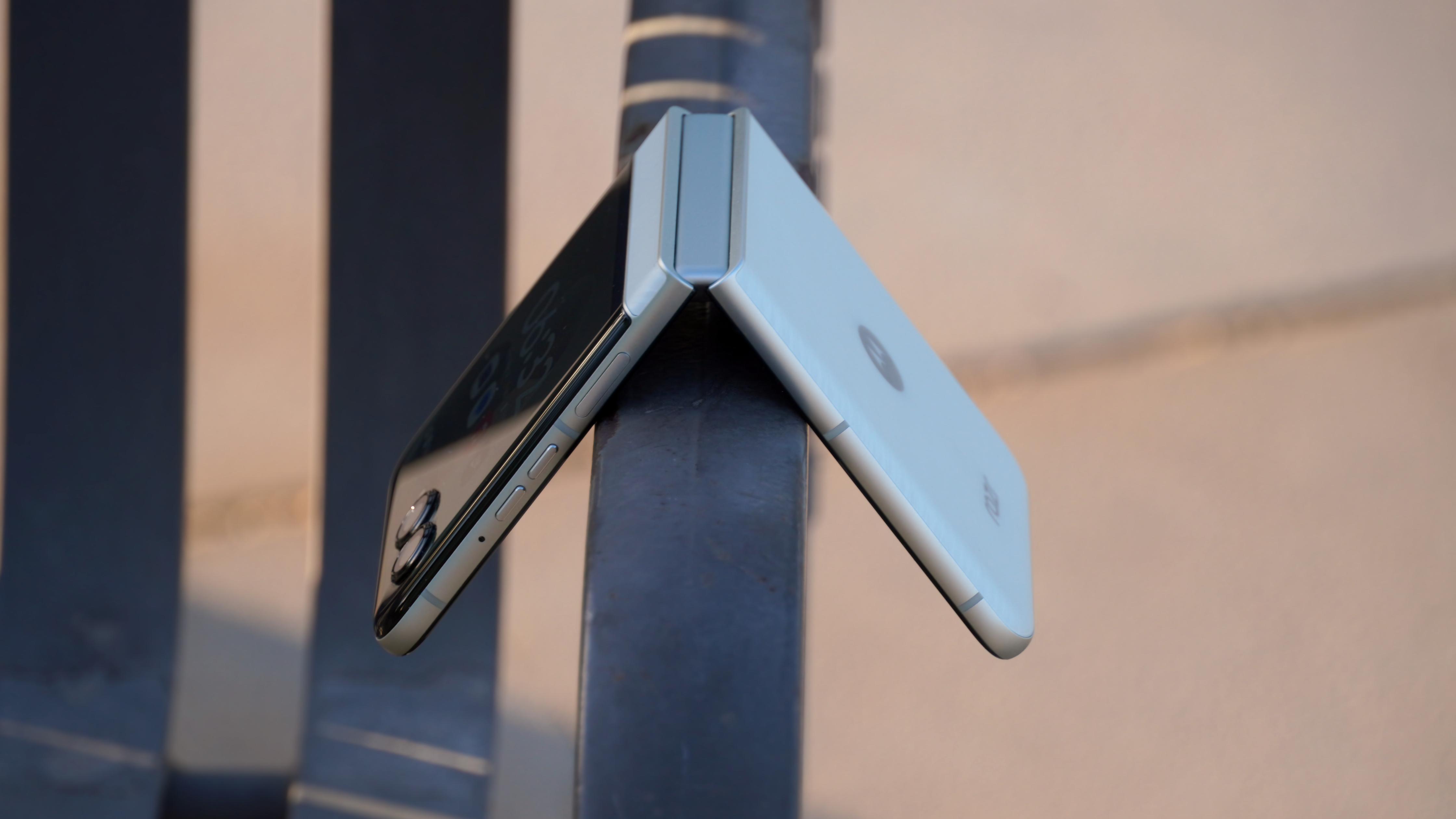Here’s what the Google trial is about and why you should care
Is this the start of tech giants being reined in?
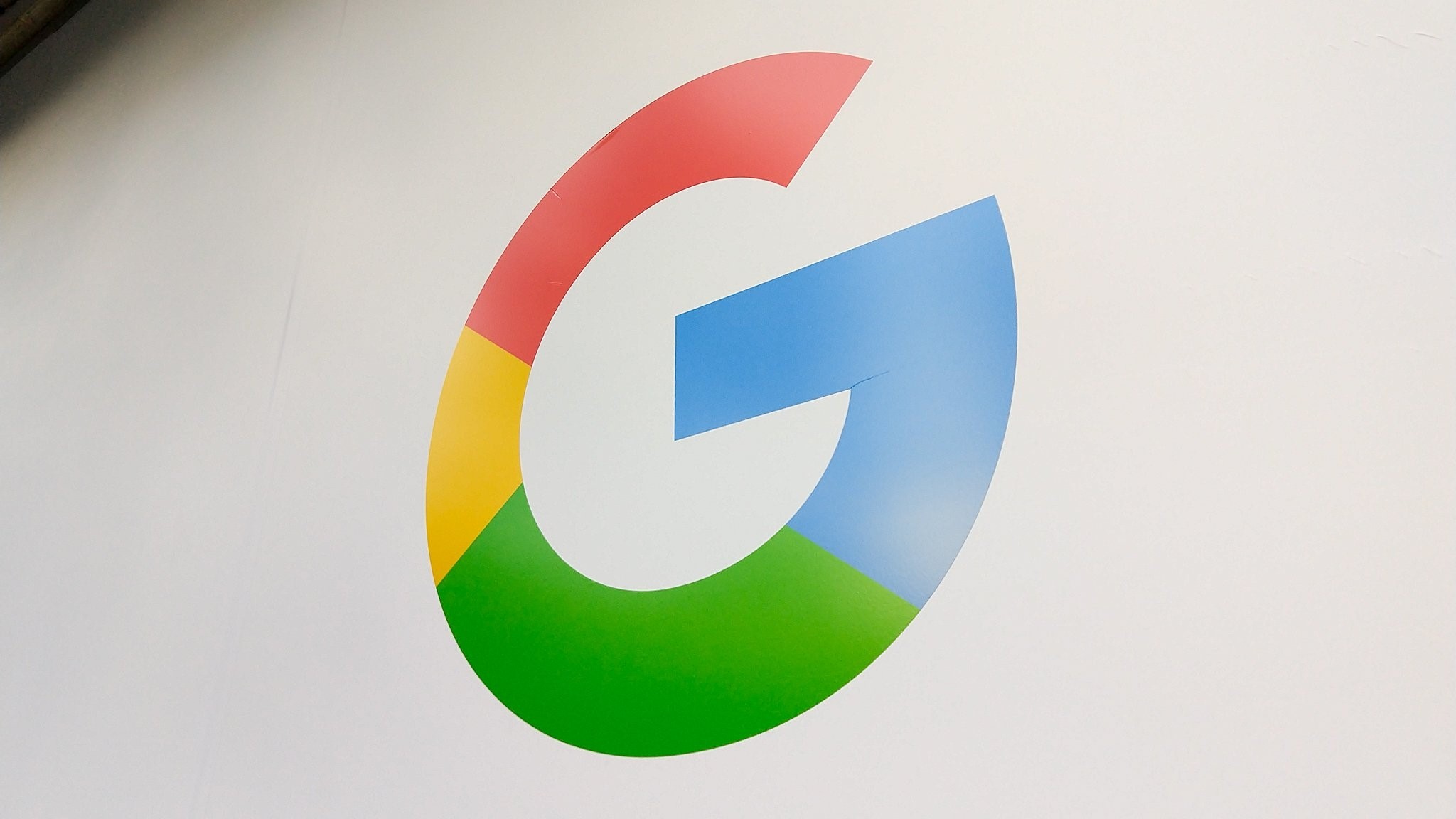
The U.S. Department of Justice's 10-week antitrust trial against Google is underway, and it has the potential to spell big trouble for the Mountain View tech giant. The Justice Department, along with several individual states, claim that Google was able to reach its status as the dominant company in search through anti-competitive means. Now, the company has reached monopoly status and everything needs to be investigated.
It's a highly watered-down set of claims, as U.S. district court judge Amit Mehta dismissed the claims that Google also engaged in anti-competitive behavior enabled by its dominance, harming companies like Yelp and Tripadvisor through Google Search, in early August. Nevertheless, Google is finally facing some consequences for its actions, even if it dodged a bullet here.
The case hinges on several things, namely, is Google a monopoly when it comes to search, has the company caused any real harm, and is what it did actually anti-competitive? It also is in court over allegations based on laws written over 100 years ago, so much of how anything can be interpreted is up to one judge.
What did Google do wrong?
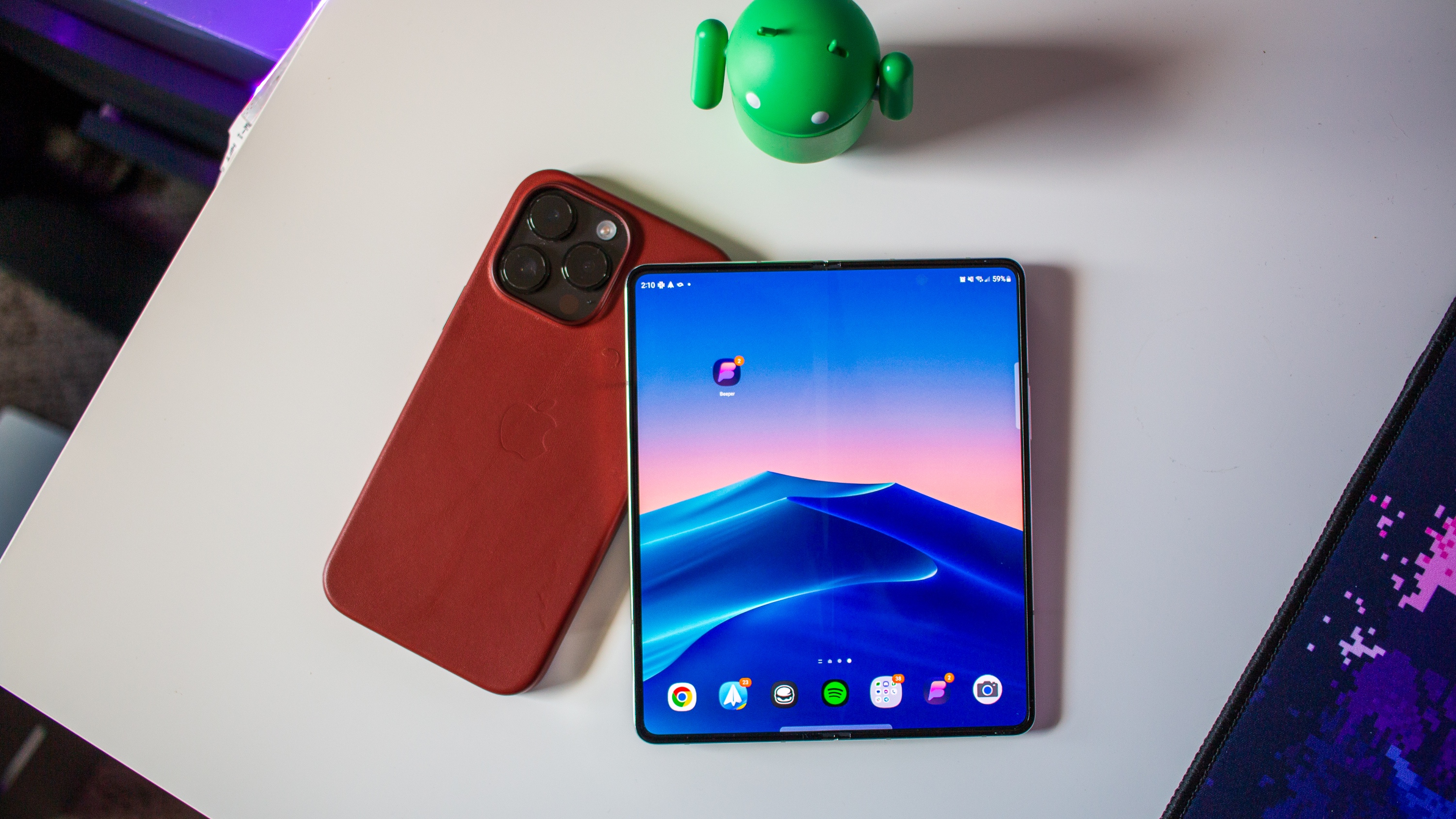
The Federal Trade Commission takes issue with many things big tech companies do, but this particular trial is really only about one of those: Google was able to reach its current level of dominance in search because of deals it made to be the default search engine in web browsers and mobile phones. Because of these potential wrong-doings, it's working with the Justice Department to hold Google accountable.
It's important to note that concerns about Google being the default search engine in Chrome or on phones powered by Android were dismissed by Judge Mehta and are not being heard in this trial. With that out of the way, the trial is really about Apple's iPhone and the money Google spent to be the default search engine it uses.
Google, of course, denies that deals like this are anti-competitive. It also argues that even though so much money was paid for this feature placement no effort is made to block users from easily switching to another search engine. Consumers stick with Google because it's better, and Google Search's market dominance was reached because it makes a quality product according to Google.
One more thing will come up during the trial that has nothing to do with market share or search monopolies — Google directs employees to use auto-delete for messages. The FTC is very unhappy with this and claims it is because Google knows it has something to hide.
Get the latest news from Android Central, your trusted companion in the world of Android
Is this anti-competitive?
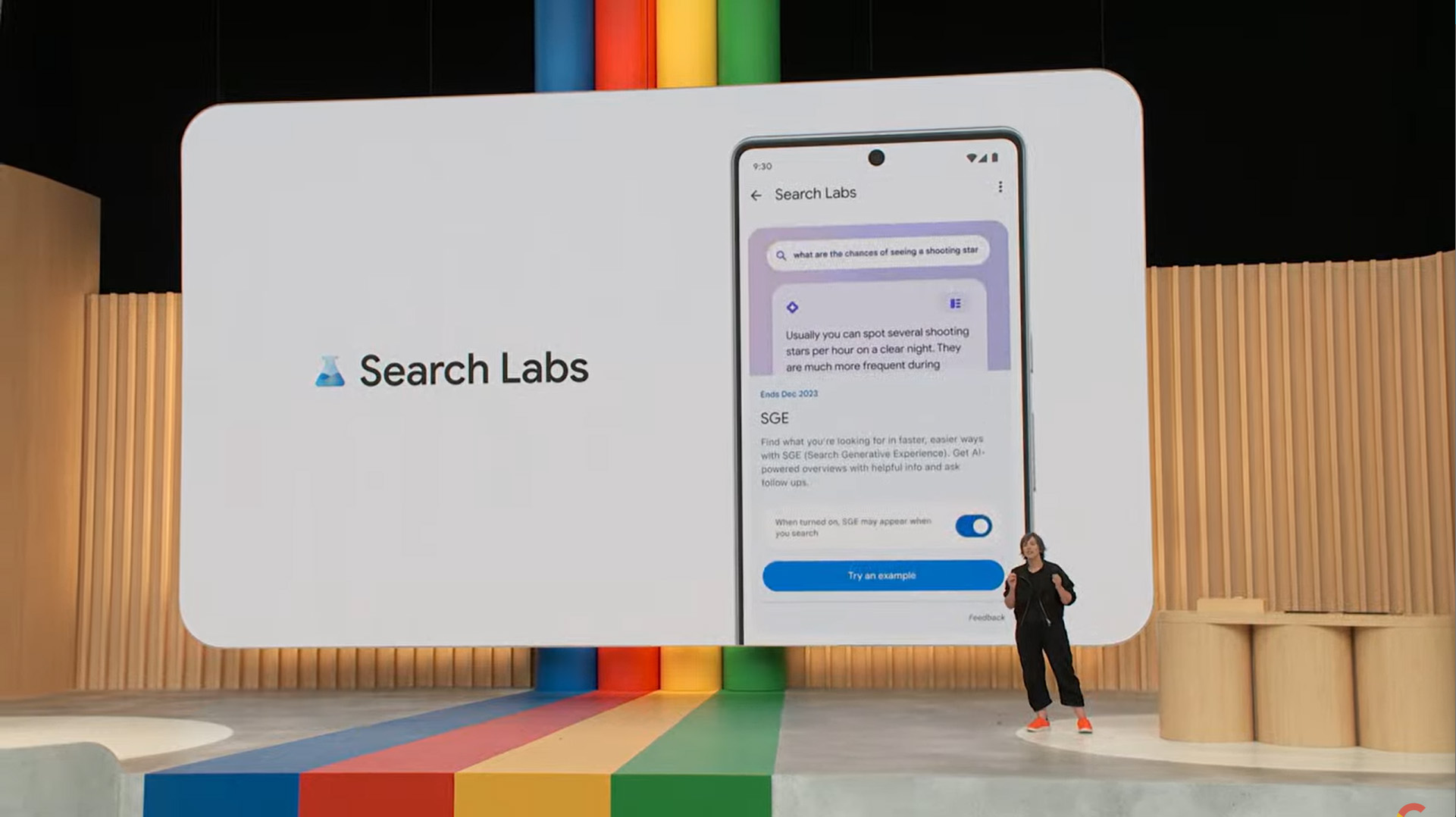
Google does pay big money to be the default on the iPhone. Some estimates reach the billions, and it's highly likely that they are close. Google really wants to be the default engine here and is willing to pay for it.
The problem is that it's easy to say this isn't — or shouldn't be — considered illegal or anti-competitive. And if it's found to be, how far does that reach? Is it illegal for Green Giant to pay Kroger so that its cans of green beans are put on the shelves at eye level? Other companies can pay for the same sort of product placement and are either unwilling or were outbid by Green Giant. The FTC only takes issue when Google does this because of its market share.
While search isn't a canned vegetable, it's not so much about the product as the act of paying for placement. Microsoft could pay as much or more money to Apple and the iPhone would use Bing as the default search engine, but the company chooses not to do it. Alternatively, Apple could develop its own search engine and use neither.
This same reasoning goes for Mozilla's Firefox browser and Apple's Safari browser. They use Google as the default because Google pays them. Users can switch if they would like but most people would rather just use Google.
This could be true. Laws in the E.U. were changed so users see a screen where they choose a search engine the first time they open the browser Google's market share didn't change — everyone still uses Google. Other providers are listed on the "search provider choice" screen and people choose Google.
What could happen?
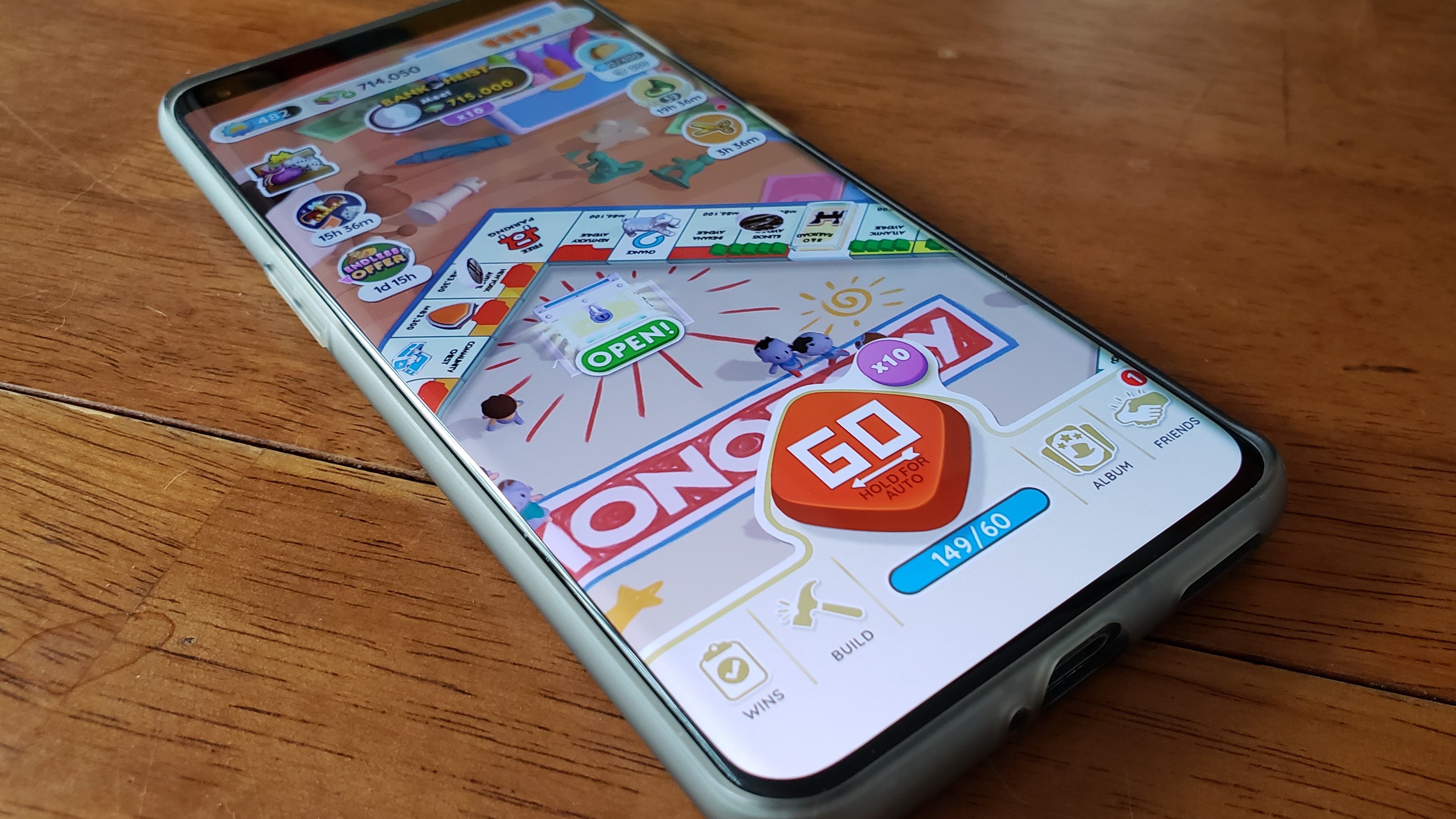
The two extreme outcomes are the least likely — Google wins and nothing is done, or the FTC wins, and the Justice Department breaks up Google like it did to AT&T/Bell Systems in 1982. While possible, neither of these is very likely. Expect something more like the Microsoft antitrust hearings when it comes to the final decision after appeals are exhausted.
What I expect to see is Google be forced to disclose all of its search deals prior to completion in the name of transparency and fair competition or laws being changed, so product placement of this kind is no longer allowed. And I wouldn't complain if either of these options were the outcome.
I have a lot of issues with most of the things Google, and by extension, all tech companies, get away with in the United States. Tech giants like Google are really no different than tobacco, petroleum, or pharmaceutical companies and have the best government that money can buy. I just don't like this particular argument the FTC is making.
Google's market share in search (upwards of 75% depending on when and how it's calculated) is so large that the company is a monopoly even though there is competition. But Google did do more than pay Apple to get there.

Google's search engine is a quality product that most people enjoy using, even when they are spoon-fed a way to use another product. The technology behind it is a reason for this, but smart business also plays a part.
At the turn of the century, Google began spending billions to create a set of networked data tools. The company found a way to get the data it needed and give it to the end user. Once the company figured out how to monetize this, it could afford to pay for things like being the default search engine. Fast forward to today, and Google is an advertising company that exists because its search engine is so popular.
I don't like many of the methods Google uses to be "good" at search, but I can't fault the company and its executives for building success through technology. I'm more interested in the next antitrust trial, where — hopefully — Google's ad business and how it collects the data that drives it is put under scrutiny.
But I'm not the judge in this case, and I do not envy him. Antitrust laws were written ages ago to protect consumers from things like steel companies and railroads. They are woefully out of date like many of our laws are, and depend on the Justice Department proving that what Google does harms consumers. When brought to light, Google does things that indirectly harm consumers, in my opinion. Paying Apple to get Google Search on the iPhone isn't one of them.

Jerry is an amateur woodworker and struggling shade tree mechanic. There's nothing he can't take apart, but many things he can't reassemble. You'll find him writing and speaking his loud opinion on Android Central and occasionally on Threads.
